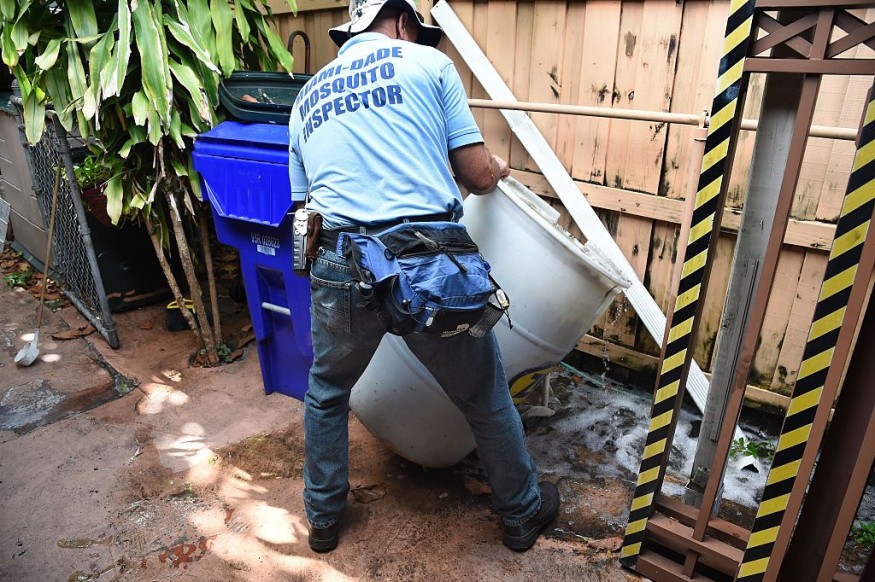
Ten of the nearly 200 dengue cases in Florida this year are non-residents, which means infection happened during their travel outside the state.
Dengue Spreads in Florida
Health authorities' worries have grown as a result of the rapid spread of the Dengue virus over several counties in Florida.
Broward County has recently gained attention as it joins Miami-Dade County in being closely monitored for illnesses spread by mosquitoes.
Two locally transmitted dengue cases in Broward County have been reported by the Florida Department of Health in its most recent arbovirus surveillance report covering the period of July 30 to August 5.
Nearly 200 Cases With 10 Non-Residents
These additional instances add to the total of 10 local dengue illnesses that have been reported in the state so far this year, the bulk of which have been in Miami-Dade County, especially in July.
The agency took the initiative to serotype the 10 reported cases using PCR to identify the viral strains.
The recent surge is concerning given that there were only two locally acquired dengue cases in Broward County last year.
The reporting of over 200 cases this year among people with recent travel records to dengue-endemic locations is another remarkable fact.
This highlights the crucial role that tourists played in bringing the virus to Florida and sustaining its spread among indigenous mosquitoes.
The presence of non-Floridians in 10 documented cases shows that the outbreak's reach goes beyond state citizens.
A single instance that meets the requirements for severe dengue also acts as a forceful reminder of the illness's potentially serious side effects.
Officials warned that the virus will not discriminate and may a wide range of people, whether pregnant or not, young and old, and even those who have been previously diagnosed with the virus.
225 dengue cases have been reported this year across several US states, according to the Centers for Disease Control and Prevention (CDC).
To mitigate the impact of Dengue on public health in Florida, increased vigilance, extensive awareness campaigns, and effective mosquito control tactics are essential.
Read also: Yellow Fever Mosquito: Among Two Invasive Species Reported in Santa Clarita Valley, California
Some Easy-to-Remember Dengue Fever Basics:
- It's a virusm with four types.
- Mosquitoes can transmit it to humans. Humans can also transmit the virus to mosquitoes when a mosquito that is not infected bites an infected human.
- Although Aedes aegypti is the main contributor, other mosquito species are also capable of transmitting the virus.
- It is sometimes known as break-bone fever.
- Some patients do not have symptoms but are still infected.
- Symptoms, for those who do have them, include high body temperature, aches all over the body, nausea coupled with headache, and rashes.
- Symptoms can last from 1 to 2 weeks.
- Dengue cases are more common in the tropical regions.
- Once a mosquito has been infected, it will remain so until it dies.
- Using mosquito repellant can ward off infected or non-infected mosquitoes.
Read also: Related Article: Malaria Cases Reported in Texas, Florida: Potential Growing Problems, Experts Say
© 2025 NatureWorldNews.com All rights reserved. Do not reproduce without permission.





